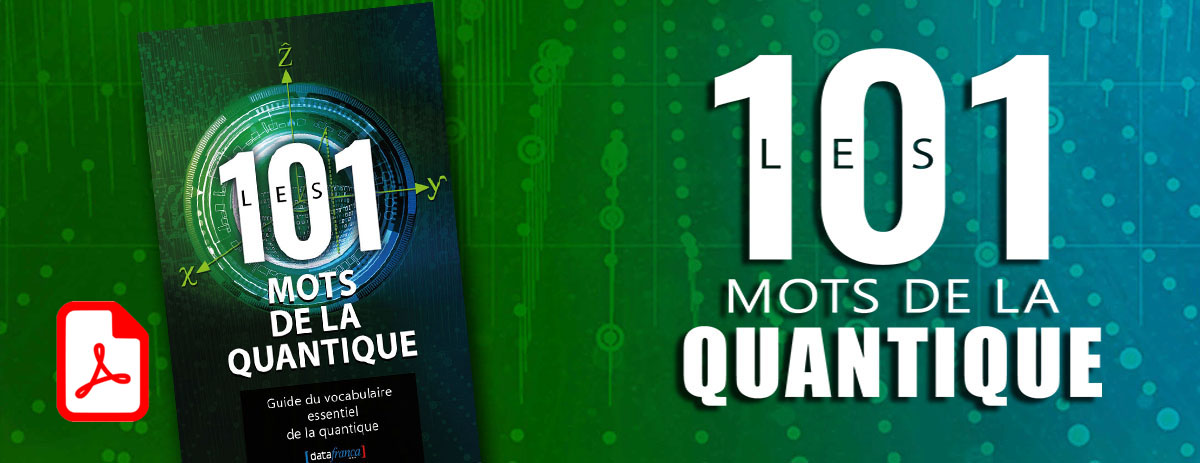« Hypothèse du monde ouvert » : différence entre les versions
(Page créée avec « == en construction == Catégorie:Vocabulary Catégorie:Intelligence artificielle Catégorie:UTexas == Définition == xxxxxxx == Français == xx... ») Balise : Éditeur de wikicode 2017 |
Aucun résumé des modifications Balise : Éditeur de wikicode 2017 |
||
| Ligne 1 : | Ligne 1 : | ||
== Définition == | == Définition == | ||
L''''hypothèse du monde ouvert''' (OWA) est l'hypothèse selon laquelle ce qui n'est pas connu pour être vrai ou faux pourrait être vrai, ou l'absence d'information est interprétée comme une information inconnue, pas comme une information négative. Cela contraste avec l''''hypothèse du monde clos'''. | |||
== Français == | == Français == | ||
hypothèse du monde ouvert | |||
== Anglais == | == Anglais == | ||
'''openworld assumption''' | '''openworld assumption''' | ||
<small> | <small> | ||
[https://www.cs.utexas.edu/users/novak/aivocab.html Source : Utexas Ai vocabulary ] | [https://www.cs.utexas.edu/users/novak/aivocab.html Source : Utexas Ai vocabulary ] | ||
[https://link.springer.com/referenceworkentry/10.1007%2F978-1-4419-9863-7_734 Source : springer.com] | |||
[[Catégorie:GRAND LEXIQUE FRANÇAIS]] | |||
[[Catégorie:Scotty2]] | |||
Version du 22 mai 2020 à 20:41
Définition
L'hypothèse du monde ouvert (OWA) est l'hypothèse selon laquelle ce qui n'est pas connu pour être vrai ou faux pourrait être vrai, ou l'absence d'information est interprétée comme une information inconnue, pas comme une information négative. Cela contraste avec l'hypothèse du monde clos.
Français
hypothèse du monde ouvert
Anglais
openworld assumption
Contributeurs: Imane Meziani, wiki, Sihem Kouache










